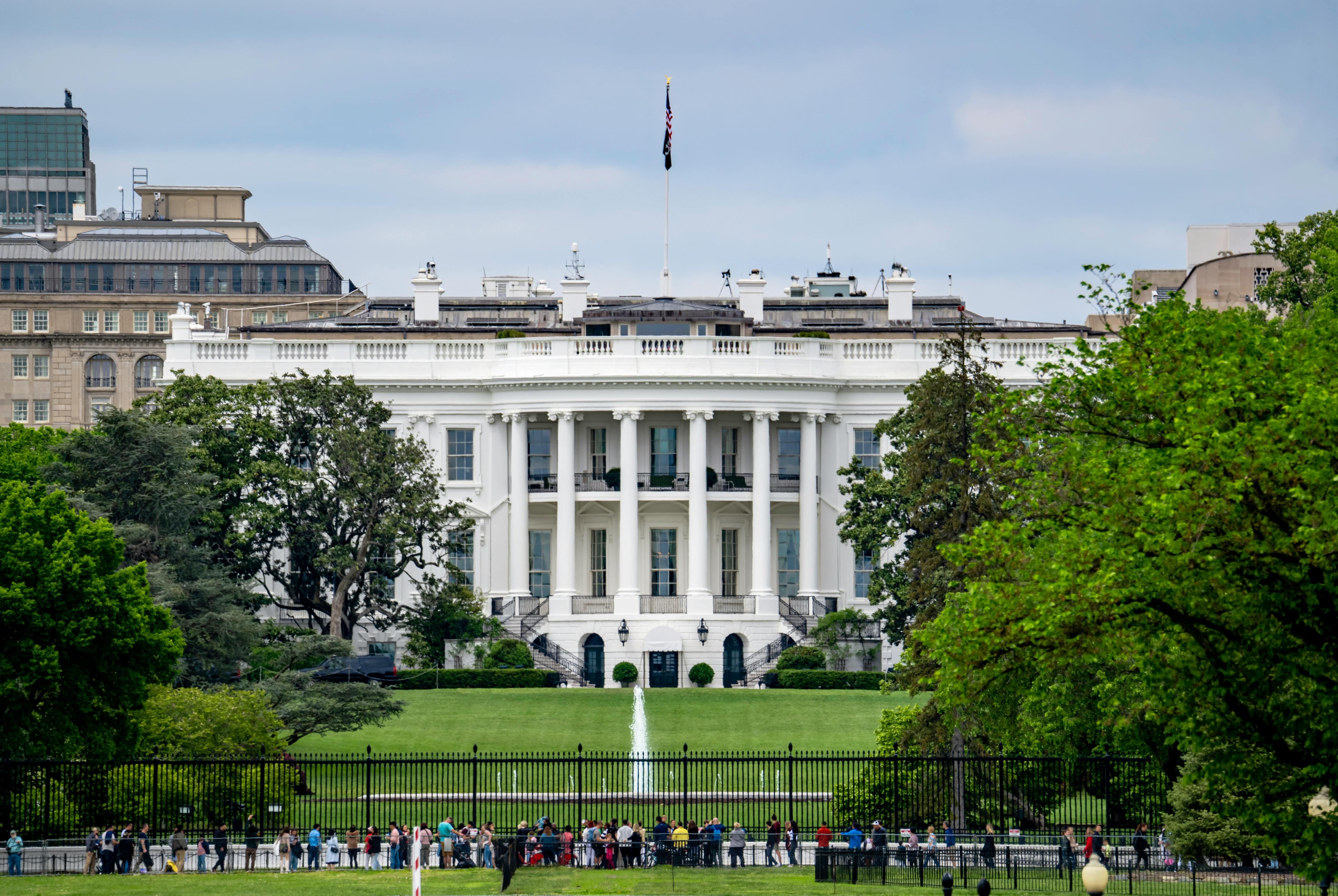Dog is planning to target DHS with personnel reductions, potentially affecting US Secret Service too.
Elon Musk's Department of Government Efficiency Targeting DHS: The Inside Scoop
Elon Musk's Department of Government Efficiency (DOGE) is gearing up to take a swing at the Department of Homeland Security (DHS), with rumors of potential cuts to personnel across DHS agencies, including the United States Secret Service, according to sources close to the matter.
DHS is bracing itself for what could amount to major layoffs, though no official decisions have been finalized, and the ultimate scale and scope remain uncertain. Behind the scenes, there's been some negotiation and lobbying between DOGE, the White House, and Homeland Security leadership. Each department component is expected to feel the impact differently.
The Federal Emergency Management Agency (FEMA) is predicted to take a significant hit, with the Secret Service and Customs and Border Protection regarded as likely targets for cuts, too.
A senior DHS official emphasized their determination to eliminate wasteful government practices, promising to eliminate non-critical positions and bureaucratic hurdles that impede the mission to secure the homeland.
DHS is yet to comment on the proposed changes, while the Secret Service remained silent on the matter. An email from DHS Secretary Kristi Noem is expected to outline the expected cuts in the near future, with another email providing options for employees, such as voluntary separations and early retirements.
The predicted cuts to the Secret Service come at a challenging time for the agency, which has been stretched by an ever-evolving and unprecedented threat environment. The agency has been grappling with low morale, burnout, low staffing, and retention issues. Recently, they shelled out $2 million on a television advertisement aimed at boosting recruitment, tapping blockbuster movie director Michael Bay for the ad.
The proposed cuts are likely to impact administrative and technical staff, but could also affect new hires and those in their probationary period. However, it's not anticipated to directly impact the agency's core missions and readiness immediately. Over time, potential vacancies in support positions could put stress on the agency's law enforcement roles.
There's considerable unease among Secret Service staff about the looming cuts, but hesitancy to speak to the media due to the threat of polygraph tests. As CNN contributor and former Secret Service agent Jonathan Wackrow put it, the mission of the agency could be undermined in the face of workforce reductions, particularly after the attack on President Trump in Butler, Pennsylvania. Any cuts, he cautioned, could create intrinsic vulnerabilities in the workforce that could lead to another Butler-like situation.
Decoding DOGE's Aims
- Cost savings and efficiency: DOGE aims to achieve significant cost savings by implementing major restructuring and centralizing administrative functions like procurement, IT, and finance under a single umbrella.
- Centralization and modernization: DOGE is also focused on modernizing government operations by building new tools and apps for easier access to government resources. This could benefit certain departments by improving efficiency and reducing costs, but may require significant investment and adaptation efforts.
While specific impacts on the Secret Service are still unclear, it's possible that DOGE's broader goals could lead to workforce reductions, centralization of resources, modernization efforts, and operational adjustments within the DHS and other affected agencies.
Elon Musk's Department of Government Efficiency (DOGE) aims to eliminate non-critical positions and bureaucratic hurdles within the DHS, potentially leading to layoffs across various DHS agencies, including the Secret Service.
DOGE's goals include achieving cost savings and efficiency through centralizing administrative functions like procurement, IT, and finance, as well as modernizing government operations by building new tools and apps for easier access to resources.
The predicted cuts to the Secret Service could create intrinsic vulnerabilities in the workforce, potentially leading to another Butler-like situation if not managed carefully, according to former Secret Service agent Jonathan Wackrow.








